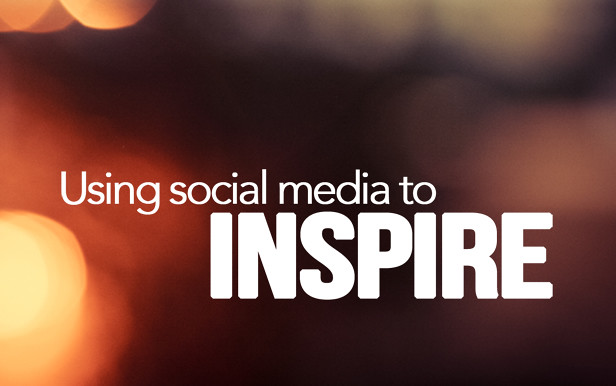You have /5 articles left.
Sign up for a free account or log in.
Departmental social media accounts are useful for a lot of reasons. As broadcast channels for the masses, these accounts serve as generic info-portals for campus communities. They are search-engine friendly – students can simply search for an office's social media presence – and they serve as consistent content locations.
Since the beginning of the social web, offices/departments have been on a positive trajectory of intentional and strategic use of social media. Functional areas like career services and academic advising often have robust social media efforts. The number of functional areas without a substantial social media presence is decreasing on a yearly basis.
However, there is one area within higher education social media use that is still emerging and that is an emphasis on individual professional accounts as a means of inspiring, educating, and engaging students. Sure, there are a lot of people who use social media in an individual professional context. But, there are also a lot of people who are uber resistant to the idea of using social media channels professionally with their name's attached to them.
When students connect with departmental social media accounts, they are engaging with nameless/faceless channels that don't reflect the in-person connections that they make on a daily basis with campus practitioners. There's a tremendous opportunity for offices (on staff web pages) to share not only the emails of their staffers, but to also include links to their chosen social media accounts.
Twitter will most-likely serve as the go-to social media platform for higher education (as it has been for sometime for a large number of higher education pros). However, it might be Facebook, Instagram, LinkedIn, YouTube, or some other tool (e.g. Snapchat) that gets linked to a staffer's bio and that's okay. Although, for offices like career services and academic advising, Twitter and LinkedIn should almost be mandatory for all personnel.
Being on the social channels in a professional capacity not just as an office, but as an individual is important for at least three reasons:
Inspire
Students look to higher education professionals for inspiration. How are you using social media in your career? What's "your style?" Model social media use for your students. When we say to students that they can use social media for leadership and career development, shouldn't we be showing them our own progression as social media leaders/users?
Educate
This is connected to the role-modeling aspect of showing students a wide array of social media uses. Students aren't digitally savvy by default. Showcase your profiles as a way of teaching students the overall functionality of social sites/apps. Plus, in addition to teaching the tools, you can utilize these digital avenues to share all sorts of information.
Engage
A wonderful benefit of using social media to inspire and educate is that once you've built up connections between students and staff on social media, your ability to engage and reach out to your community increases. You're cultivating social channels as part of an intentional communications strategy that simultaneously educates and inspires.
Using social media as inspirational channels is very similar to how practitioners have connected with students since before social media even existed. The tools of 2015 just allow for far greater and broader rapport building efforts.
Why do you think it's important for practitioners to share and connect via their personal/professional social media accounts?
Do you tweet? Let's connect. Follow me on Twitter.
[Image credit]





